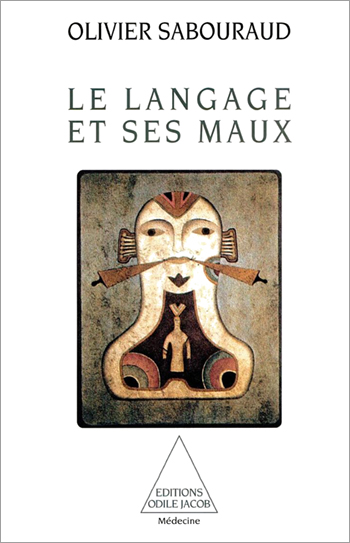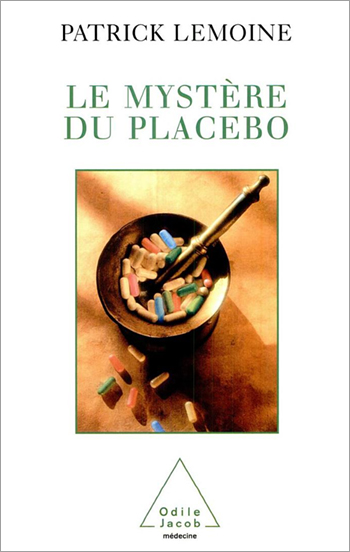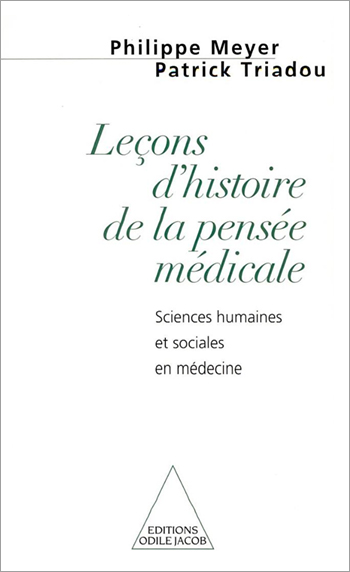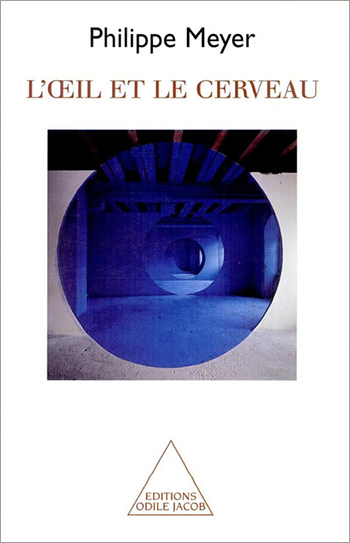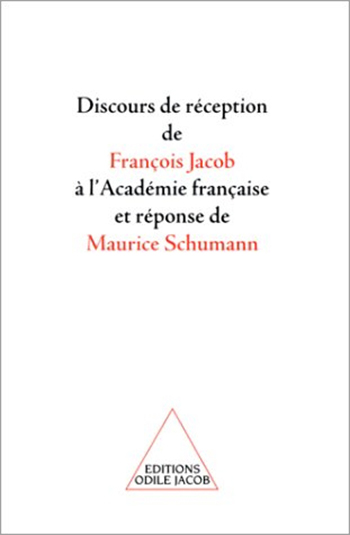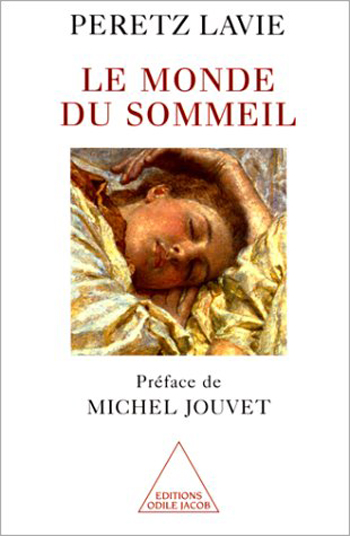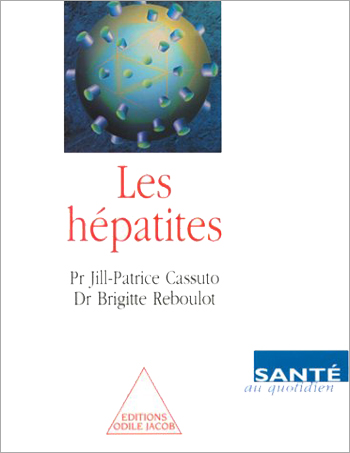Medicine All books
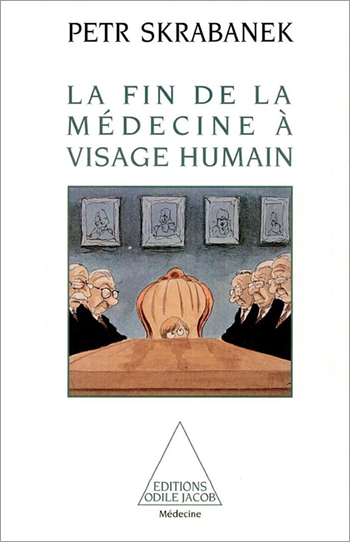
Petr Skrabanek
The End of Humanitarian Medicine
Medicine is at a crossroads. Traditionally, practitioners helped patients who came to them looking for support, for something to alleviate their suffering. However, the progress which has been accomplished in the last few decades has changed everything. Doctors now claim to be fighting death itself, they believe medicine to have almost limitless powers, and they try to prevent illness by changing behaviour. From this point onwards, our entire existence becomes overmedicalized. In the name of health at any price, doctors now dictate, prescribe and legislate whilst forgetting the essential meaning of their job : to help and to care. A violent criticism of contemporary medicine.

Michael S. Gazzaniga
The Social Brain
This book investigates the concepts of the "right brain" and the "left brain". According to the author the brain is most certainly made up of relatively autonomous modules which react independantly to environmental pressures. At least one of the modules, situated on the left side of the brain, is responsible for the interpretation of answers which may be contradictory with others, whereas yet another module on the same side translates into words the result of this interpretation. So, instead of being a unique, monolithic system that we imagined, the brain would appear to be a collectivity of systems - a social brain. This approach enlightens us as to the functioning of the human brain, and according to Gazzaniga, affects the very roots of our belief systems and societies. Renowned American neurologist, Michael Gazzaniga is Director of the Cognitive Neuroscience Division of Cornell University and chairman of Neuropsychology.
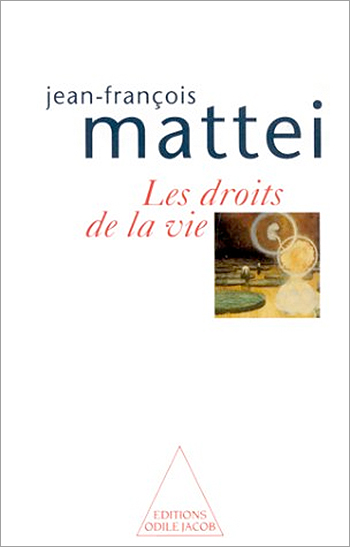
Jean-François Mattei
The Rights of Life
Medically assisted procreation, prenatal diagnostic, organ transplants, genetic testing : all are part of the spectacular progress characteristic of scientific and medical research in the last few years. These new techniques confront us with totally new situations and oblige us to take responsabilities and make difficult choices. Should we do these things just because we can ? Who should decide what to do and on what criteria ? The individual or society ? Doctors or politicians ? This book invites us into a stimulating and incisive thought process concerning the future of medicine.

René Frydman
God, Medicine and the Embryo
With ethical questions raised about medically assisted pregnancies and medical experimentation, the eugenics debate has become a mute point. Yet bioethical legislation has remained ambiguous. René Frydman has made himself the ardent defender of progenics, a predictive and humanistic medicine. Here, Frydman reflects on the problem of the human embryo through the different points of view of science, religion, law, and morality, and answers ethical and religious questions that he has been asked by his patients. René Frydman is a gynecologist-obstetrician and a member of the FrenchEthics Committee.
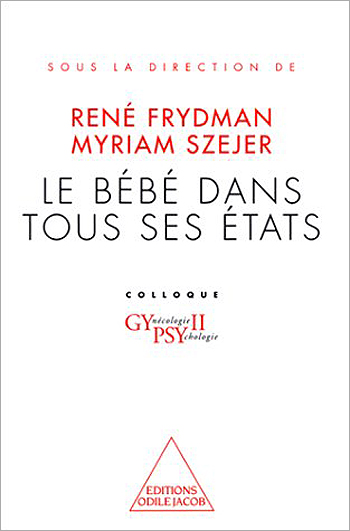
René Frydman, Myriam Szejer
The Baby Through All Stages of Development Gypsy II Conference
Can communication be established with new-born infants? Is it true that certain forms of sensory information can be transmitted to foetuses? How can doctors detect medical disorders which are the expression of psychic suffering in infancy? Can psychoanalysis help to relieve such disorders? To produce this report, paediatricians, midwives, psychotherapists, psychoanalysts, and researchers pooled their experience to provide a better understanding of what makes human beings develop harmoniously. The Gypsy II Conference was held in association with the organisation known as "La Cause des Bébés".

